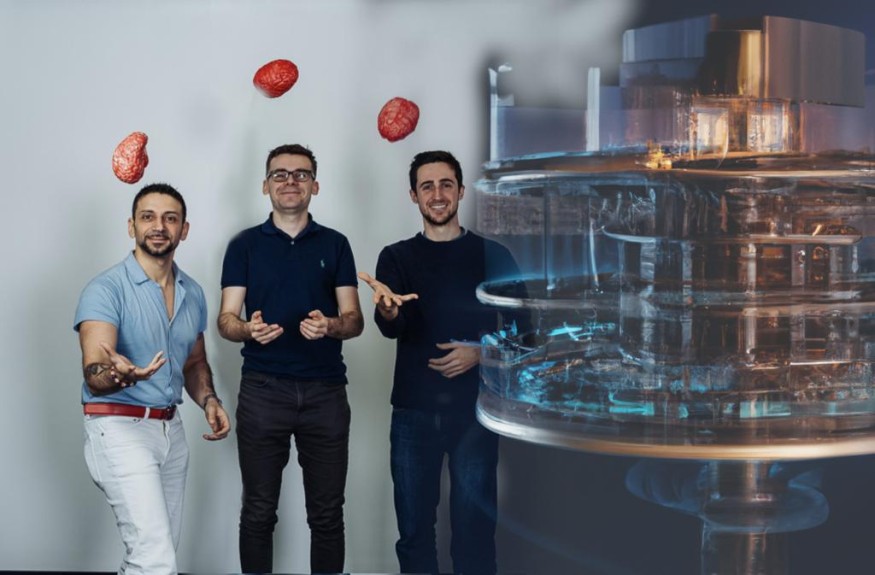
Quantum computing is a cutting-edge field that uses the principles of quantum mechanics to process information. Unlike classical computing, which uses bits to represent information as either 0 or 1, quantum computing uses quantum bits, or qubits, which can represent multiple states simultaneously. This allows quantum computers to perform certain calculations exponentially faster than classical computers, making them incredibly powerful tools for tasks such as cryptography, optimization, and simulation.
Researchers from Sano center for computational medicine and University of Warsaw have successfully applied quantum computing techniques to discover structures in brain networks.
More specifically, the study, which was recently published in Scientific Reports, explored the potential of quantum computing for brain-wide community detection. More specifically, a better optimization was achieved.
Community detection is a crucial aspect in computational neuroscience since recent advancements in network neuroscience showed that brain as a small-world system with an efficient integration-segregation balance that facilitates different cognitive tasks and functions, as well as potential disfunctions.
"We're excited about the advances made in quantum computing," said Dr. Crimi and Joan Falco-Roget (Phd student) "Our research has shown that the field is moving rapidly toward practical applications, and we have seen some improvements compared to classical computing, we are optimistic that in the future those improvements will be bigger."
These developments bring us closer to the practical realization of large-scale quantum computers, which could have significant impacts on other fields such as drug discovery, materials science, and finance.
If interested the paper "Community detection in brain connectomes with hybrid quantum computing" is available here.
© 2025 ScienceTimes.com All rights reserved. Do not reproduce without permission. The window to the world of Science Times.











